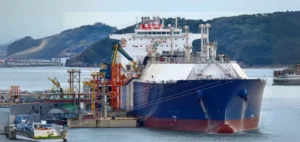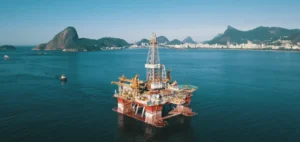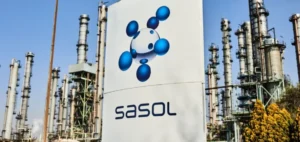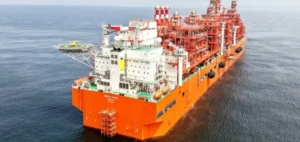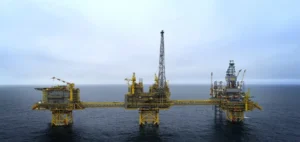Russian President Vladimir Putin has officially launched the exploitation of the Kovykta gas field, a vast deposit located in Siberia which should allow to increase exports to China in the middle of the crisis between Moscow and the West.
“We are launching the Kovykta field, the largest in eastern Siberia (…) Start work,” Putin said at a ceremony broadcast by live video conference on television. The exploitation of this deposit will start “a real development dynamic” and signals that “a powerful and strategic industrial complex is being created in the east of Russia”, he added.
Moreover, Mr. Putin continued, the operation of this site will make it possible to “ensure the reliable delivery of gas (…) both to Russian companies and to our foreign partners”. This gas field presents “new opportunities for economic and social development, as well as new opportunities for our growing exports,” said the head of the Russian giant Gazprom, Alexei Miller.
The Kovykta field, located near Lake Baikal in Siberia, is to supply the Siberian Force 1 pipeline, which since late 2019 connects the Chaiandina field (Yakutia) to northeast China. Russia has been trying for several years to increase its gas supplies to the energy-intensive Chinese economy and has accelerated this move in recent months.
Indeed, since the launch of its military offensive against Ukraine, Moscow has been targeted by Western economic sanctions and has sharply reduced its hydrocarbon deliveries to Europe, turning to Asia to compensate. The Russian authorities want to increase their deliveries to 20 billion cubic meters of gas each year, in particular by drawing on the reserves of the Kovykta field.
Russia is also planning to build the Siberian Force 2 pipeline from 2024 to supply China via Mongolia, another sign that Russia’s energy strategy has indeed taken a turn to the East.

















